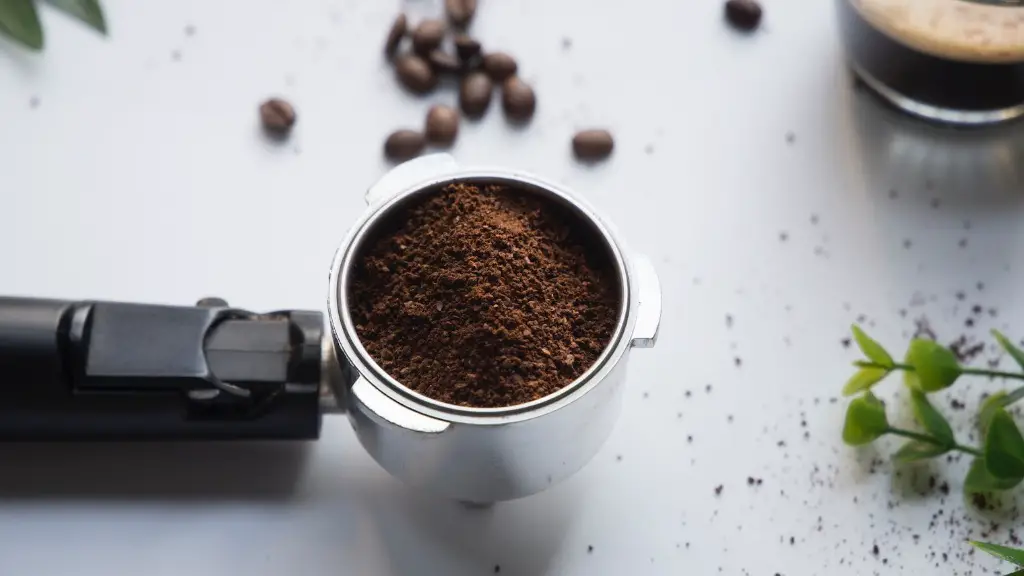Psychological Factors Influencing Headaches After Stopping Coffee
As coffee consumption is sometimes accompanied by withdrawal symptoms, headaches being one of the most frequent, it is important to consider psychological factors related to this habit that can influence the intensity and duration of the headaches experienced. A coffee habit usually forms through everyday behaviour and is often facilitated by situational factors such as environment, social influences or the taste. If suddenly stopped, the psychological aspect of coffee consumption can create a feeling of deprivation or insecurity and the individual may go through a process of trying to cope with this feeling.
Caffeine not only has a physical effect but can also have significant psychological effects that may account for the emotional distress experienced in response to stopping coffee. Caffeine has a stimulating effect and it can affect mood, cognitive performance and anxiety levels. People who rely on coffee for its stimulatory effect can develop an emotional dependency on the drink. Experiencing withdrawal symptoms such as headaches can then cause anxiety, fear and negative emotional responses. This can lead to further problems such as stress and tension headaches which can worsen the existing headache.
Environmental Impact on Headaches After Stopping Coffee
Individuals often associate coffee with certain routines or environments and use it as a way to relax or to wake them up at certain times. If this habit stops, the individual may feel deprived of their regular activities and environmental cues. Stress levels can be increased if the expected environment or routines are disrupted. Disinterest in activities that used to be associated with coffee consumption, such as gatherings with friends, can contribute to the psychological distress experienced after stopping coffee consumption.
The removal of caffeine from the system can also contribute to headaches as the body adapts to the new level of stimulation. Some research suggests that caffeine can act as a compensatory mechanism to reduce the tension caused by high levels of stress. Depriving the body of this stimulation can leave individuals with increased levels of stress and tension headaches.
Physiological Responses to Stopping Coffee and Headache Intensification
When coffee is consumed regularly, the body can become dependent on its active ingredients, leading to an increase in dopamine levels and hormonal patterns which can then lead to an increased tolerance to the substance. When suddenly stopped, the individual may experience headaches due to the sudden change in dopamine levels and the absence of other physiological effects such as increased alertness and focus. There is evidence to suggest that the headache that occurs when one stops drinking coffee may be due to dehydration caused by decreased levels of adenosine, a substance that is affected when one stops drinking coffee.
In addition to this, caffeine also has a prevalence as an analgesic and when suddenly stopped, the individual may experience an increase in the intensity of their pre-existing headache. As the body adjusts, the intensity of the headache can decrease over time. Aside from this, the change in routine may increase stress levels and lead to tension headaches.
The Impact of Age on Headaches After Stopping Coffee
It is important to consider the impact of age when looking at the intensity of headaches after stopping coffee. Studies have shown that younger individuals who drink coffee seem to be more affected by caffeine withdrawal than their older counterparts. This may be due to the younger age group being more prone to substance dependency and more likely to be affected by the sudden removal of that substance from their system. In older individuals, the body may be more tolerant to sudden changes in caffeine intake and the individual may be better able to cope with the withdrawal symptoms.
Possible Solutions for Headaches After Stopping Coffee
To prevent or reduce the intensity of headaches experienced after a sudden stop of coffee intake, individuals should reduce their intake gradually or switch to caffeine-free alternatives. This will allow the body to adjust to the change in caffeine level and minimise the withdrawal symptoms experienced. It is also important to take into account the psychological and environmental factors that may be influencing the intensity and duration of the headache to reduce stress levels and maintain a healthy routine.
Finally, it is important to consider any pre-existing headache conditions and to seek medical help if the symptoms worsen or persist after cessation of coffee.
Nourishing Alternatives to Coffee
When attempting to reduce coffee consumption levels, it is important to replace the habit with healthier alternatives. Green tea is a caffeine-free drink that contains antioxidants and may provide a calming effect. Herbal teas are also caffeine free and can provide similar sensory experiences that coffee does. Adding spices such as ginger or turmeric to drinks can also provide a stimulating effect that is similar to coffee.
Many individuals find physical activities such as yoga or walking to be beneficial to reduce headaches that occur after stopping coffee consumption. Exercising can provide an outlet for stress and tension and can increase endorphins, providing a sense of well-being that can potentially reduce the headache.
Nutritional Factors Influencing Headaches After Stopping Coffee
Nutritional deficiencies can also contribute to headaches after stopping coffee. It is important for individuals to maintain a well-balanced diet that includes adequate amounts of hydration, sleep, fruits and vegetables. Many of the vitamins and minerals found in certain foods can help reduce the intensity of headaches and create a general feeling of wellbeing. Vitamin C is particularly important as it has been found to reduce the intensity of headaches and other caffeine withdrawal symptoms. Magnesium is also an important mineral that has been proven to reduce headaches.
The Role of Natural Healing Methods in Headache Reduction After Stopping Coffee
In addition to diet and exercise, natural healing methods can also be effective in reducing headaches after stopping coffee. Essential oils have been used for centuries to reduce headaches and other ailments. Lavender and eucalyptus essential oils have both been found to reduce tension headaches and increase relaxation. Acupuncture has also been successfully used to reduce headaches by targeting specific nerves and increasing bloodflow. Finally, meditation can be a beneficial tool to reduce stress and increase relaxation.


